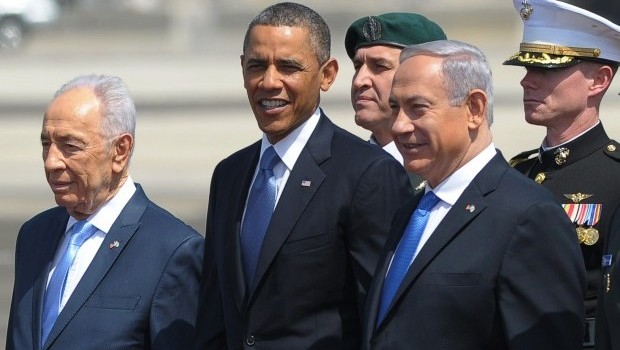While we are witnessing a development in the way the US has been addressing Israel, it is unlikely things will change in the long-term between these two important allies.
There has indeed been a growing trend opposition to Tel Aviv in Washington, one highlighted by US Secretary of State John Kerry’s comments during his recent visit to Israel, when he said that Israeli settlements on Palestinian land were illegal.
Moreover, we have seen how the Israeli Prime Minister, Benjamin Netanyahu, has desperately sought to dissuade the US administration from adopting its current stance towards the Iran nuclear talks, which, in my opinion, represents a highly significant shift in US foreign policy.
What will help make this détente between the US and Iran work is the presence of large groups of university professors of Iranian descent at US-based Middle Eastern Studies institutes. These researchers are working hard to resolve the dispute between the US and Iran. It is similar to what we need with Arab researchers at US universities and think tanks. I recall the head of one such institute in New York once telling me that were there Arab researchers at these centers, Arab issues might be viewed in a completely different light. Compared to their Iranian counterparts, Arab researchers at US universities account for a tiny proportion, he said, and their numbers must be boosted.
I do not think the US decision to open up to Iran was a hasty one; rather, it was part of a well-conceived master plan. The global political situation completely changed during the 35-year thaw in relations: the Soviet Union has vanished and has been replaced by a rich and powerful Russia, the EU has emerged as a powerful bloc, China has established itself as the next economic giant and, most importantly, the generation that staged the revolution in Iran has disappeared and has been replaced by an entirely new one.
This new generation aspires to modernism, and it communicates online with its counterparts in the US and Europe. What’s more, the new generation is communicating with millions of Iranians who left Iran after the Islamic Revolution, and so they know exactly how their lives will change if Iran repairs its ties with the West. Iran now has an urgent need to open up to the West.
Equally, President Barack Obama, a Nobel peace prize laureate, does not want to start a new war at a time when his country is in a critical economic situation. Neither does he want to exhaust US treasury funds on a war with an uncertain outcome. Obama is constantly working to overcome the financial crisis he inherited from his predecessors, and the end is now finally in sight.
Despite Israel’s opposition, Washington will insist on its stance regarding rapprochement with Iran because it serves the US national interest. And so the US will at last bring this more than three-decade-long ‘Iranian file’ to a close.
But despite this disagreement ties between the US and Israel will remain strong. The Jewish lobby in the US and the influence of the American Israel Public Affairs Committee (AIPAC), a pro-Israel lobby that is among the most powerful of the pressure groups in Washington, is far too strong for that to change.
The counterpoint to this piece can be read here.
